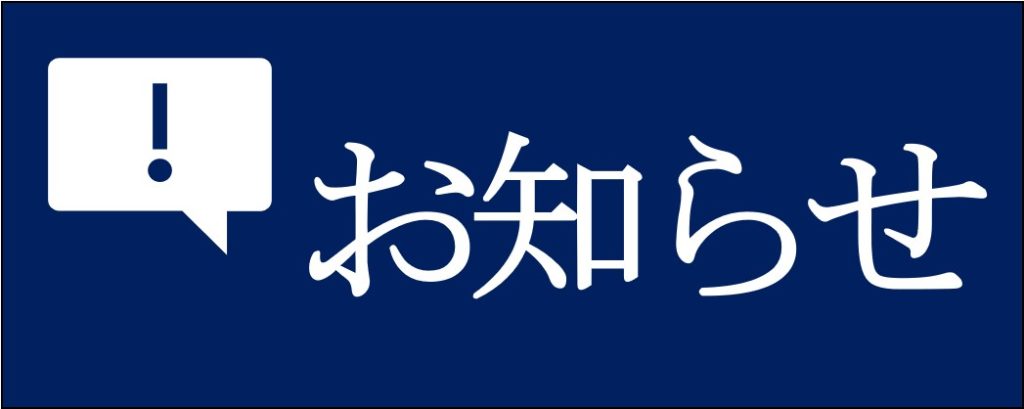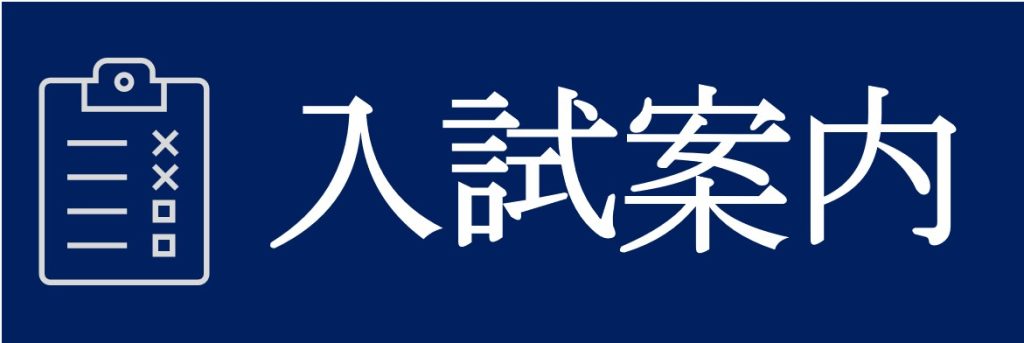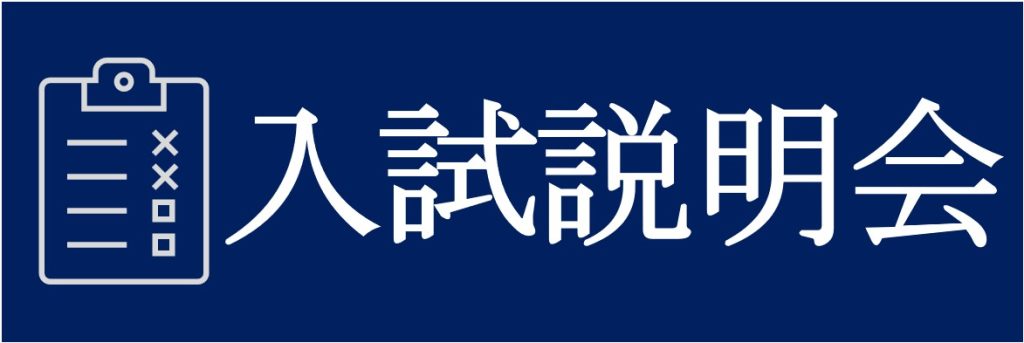Regular Admission
On this page, you will find the information necessary for the entrance examinations*, including the Admission Guide, schedule, and past examination tests.
*For August 2025 (for those enrolled in October 2025 and April 2026)Notice
April 4, 2025: This page is updated for August 2025 entrance examination.
Documents to be submitted
※For details, please follow the instructions on the Graduate School of Engineering website.
※”Technical Questions” and “Answer Format” will be available from the Website for examinee on July 24.
4) Official TOEFL iBT score (Due date: August 7)
※For details, please follow the instructions on the Graduate School of Engineering website.
5) Presentation slides for the “Oral Examination (general)” (Due date: August 24, Noon JST)
WEB Application System
Past Examinations
Entrance Exam (2025)
Entrance Exam (2024)
Entrance Exam (2023)
Inquiries
The Administrative Office of the Department of Systems Innovations, Graduate School of Engineering, the University of Tokyo
Hongo Campus, Eng. Bldg. No.3, 7-3-1 Hongo Bunkyo-ku, 113-8656 Tokyo, Japan
Tel:03-5841-6533, 03-5841-6961(English speaking staff) Fax:03-5841-0652
Inquiries about entrance examinations:admission(at)sys.t.u-tokyo.ac.jp
※Please replace (at) with @ and send mail.
Please report the following 5 items
①Name
②Mail address
※ Please enter an email address that is not restricted for reception.
③Affiliation
Example: M1 Department of Systems Innovation,Faculty of Engineering, The University of Tokyo
④Application courses
Example: Master’s course/Doctoral course
⑤Contents of inquiry





